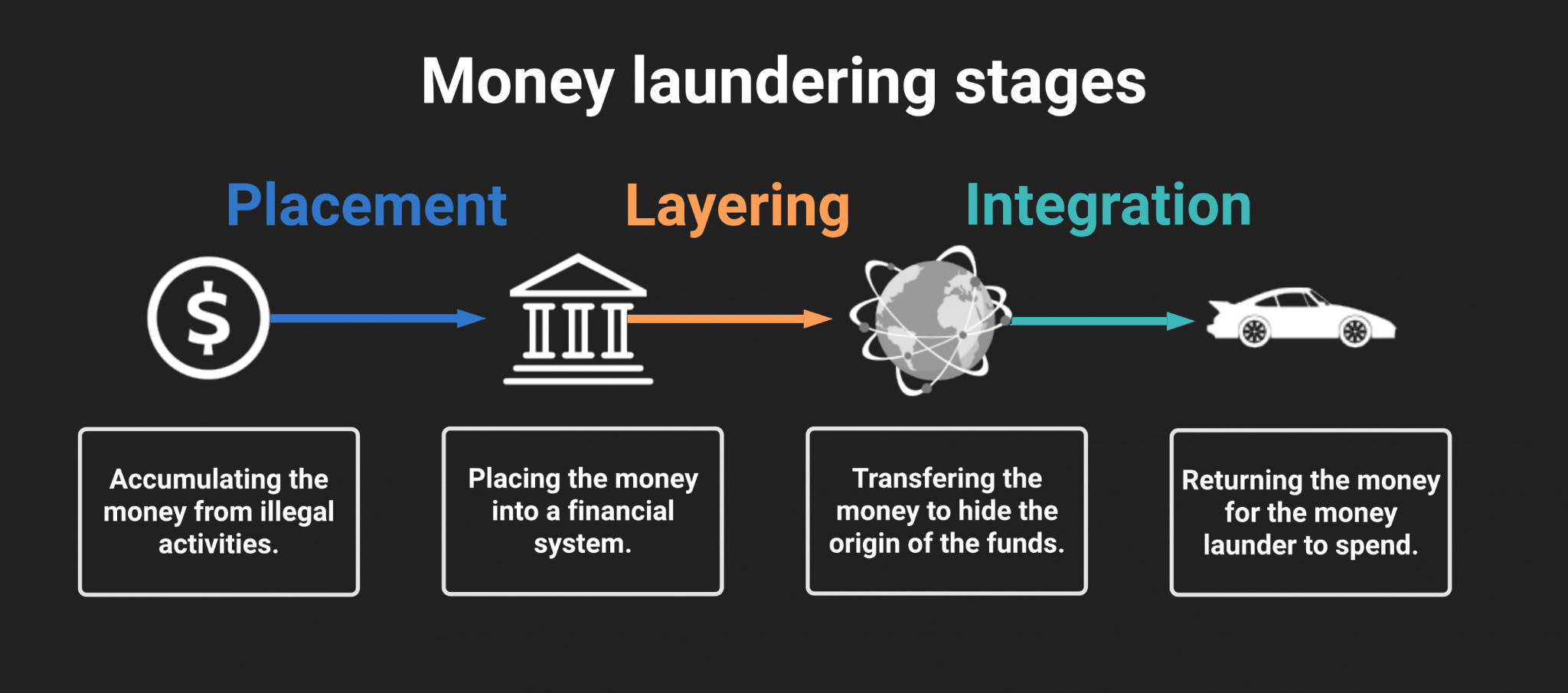
Image Source: drishtiias.com
The Money Laundering Act has emerged as a crucial legislative tool in combating financial crimes and illicit activities. It provides provisions for investigating agencies to conduct searches and inquiries to curb the menace of money laundering.
Understanding Searches within the Money Laundering Act
Under the purview of the Money Laundering Act, authorized officers possess the power to conduct searches and seizures upon obtaining requisite permissions. These inquiries are essential in uncovering hidden financial transactions, tracking illegal funds, and identifying individuals or entities involved in money laundering.
The Act outlines specific procedures and safeguards to ensure that such inquiries are carried out within legal boundaries, protecting the rights of individuals while enabling effective investigation.
Key Aspects of Searches under the Act
1. Authorization and Due Process: Searches under the Money Laundering Act necessitate proper authorization from competent authorities. This authorization is granted based on reasonable grounds and adherence to due process, ensuring that the search is justifiable and not arbitrary.
2. Scope and Extent: The Act delineates the scope and extent of inquiries, specifying the areas that can be searched, seized, or examined. This provision prevents undue intrusion into unrelated or private domains, focusing the inquiry on relevant financial activities.
3. Protection of Rights: The Act upholds fundamental rights, ensuring that individuals subjected to searches are treated fairly and provided necessary legal recourse. Safeguards against arbitrary actions or abuse of power are integral to these investigations.
Challenges and Criticisms
Despite its significance, the utilization of search powers within the Money Laundering Act has faced criticisms and challenges:
1. Privacy Concerns: Some argue that extensive search powers may encroach upon an individual's right to privacy, potentially leading to unwarranted intrusion into personal or confidential matters.
2. Procedural Issues: Instances of procedural lapses or misuse of search provisions have been reported, highlighting the need for stringent oversight and accountability mechanisms.
Conclusion
In conclusion, while searches within the Money Laundering Act are indispensable for combating financial crimes, it's imperative to strike a balance between investigative powers and protecting individual rights. Upholding the rule of law and ensuring transparency in inquiries is crucial for the effective implementation of anti-money laundering measures.
For aspirants preparing for UPSC examinations, a comprehensive understanding of the legal framework, procedural aspects, and societal implications of the Money Laundering Act is essential to address related questions and challenges in the competitive exam.
Keep abreast of the dynamic legal landscape and critically analyze the nuances of such legislative provisions to excel in the examination.
Best of luck!